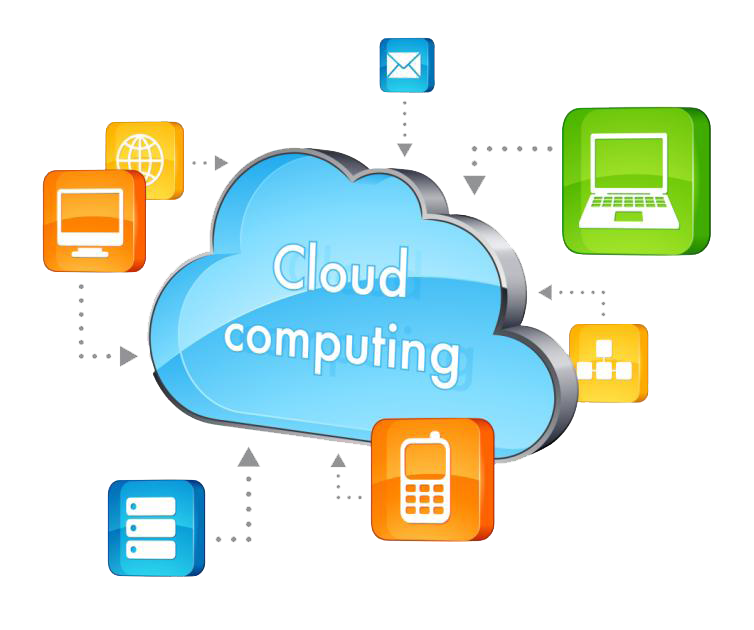Table of Contents
The Pros and Cons of Cloud-Based Software Solutions
Cloud-based software solutions have been gaining in popularity as businesses become more and more digital. While the potential benefits of cloud-based software are significant, it is important to weigh both the pros and cons before deciding if such a solution is right for your business. In this blog post, we will explore the advantages and limitations of cloud-based software solutions, so that you can make an informed decision about whether or not to incorporate them into your business model. Read on to learn more about this increasingly popular technology.
What is Cloud-Based Software?
There are many different types of software solutions available to businesses today, and one of the newer options is cloud-based software. This type of software solution offers a number of advantages and disadvantages that businesses should consider before making a decision. The Pros and Cons of Cloud-Based Software Solutions
Advantages of cloud-based software include:
1. Reduced upfront costs –
With cloud-based software, there is no need to make a hefty upfront investment in hardware or software licenses. Instead, you pay a monthly subscription fee for access to the software.
2. Increased flexibility
Cloud-based software can be accessed from any internet-connected device, which gives employees the flexibility to work from anywhere.
3. Scalability
Cloud-based solutions can be easily scaled up or down to meet changing business needs.
4. Automatic updates
With cloud-based software, you always have access to the latest version of the software without having to manually install updates.
 Disadvantages of cloud-based software include:
Disadvantages of cloud-based software include:
1. Potential security risks – Since data is stored off-site on servers owned by the software provider, there is a risk that it could be hacked or leaked. Businesses should carefully evaluate the security measures taken by their chosen provider before storing sensitive data in the cloud.
2. Dependence on internet connection – Cloud-based solutions require an internet connection to function, so if your area experiences frequent outages, this could impact your business’s ability to work with the software.
Pros of Cloud-Based Software
There are many advantages to using cloud-based software solutions, including:
1. Increased flexibility and scalability:
With cloud-based software, you can easily scale up or down as your business needs change. This is much more difficult to do with on-premise software, which often requires IT support to make any changes.
2. Reduced costs:
Cloud-based software is typically subscription-based, so you only pay for what you use. There’s no need to invest in expensive hardware or licenses upfront.
3. Improved collaboration:
Since cloud-based software is accessible from anywhere with an internet connection, it’s easier for team members to collaborate on projects in real-time.
4. Enhanced security:
Most reputable cloud providers have robust security measures in place to protect their data centers and your data.
5. Automatic updates:
With cloud-based software, you always have the latest version of the software and don’t have to worry about manually installing updates.
Cons of Cloud-Based Software
There are a few potential drawbacks to cloud-based software solutions that businesses should be aware of before making the switch. One of the biggest concerns is security. Since data is stored off-site, there is always the risk that it could be compromised by a third party. Additionally, cloud-based solutions can be less reliable than on-premise software, as they are subject to internet outages and other connectivity issues. Finally, they can also be more expensive than traditional software, as businesses need to pay for access to the services on an ongoing basis.
How to Choose the Right Cloud-Based Software for Your Business
There is a lot to consider when choosing the right cloud-based software for your business. The first thing you need to do is identify your needs. What are the specific tasks you need the software to perform? Once you know what you need, you can start researching different options.
The next step is to compare the features of each option. Make sure the software has everything you need and that it’s compatible with your other systems. You should also consider things like price, ease of use, and customer support.
Once you’ve narrowed down your choices, it’s time to take a free trial or demo of each one. This will help you see how the software works in real life and if it’s a good fit for your business. For instance, cleaning business in order for people to book online for the service
Make sure to read reviews from other users before making your final decision. And don’t forget to ask for recommendations from people you trust. With so many options available, choosing the right cloud-based software for your business can be overwhelming. But if you take your time and do your research, you’ll find the perfect solution for your needs.
Thank you for reading: The Pros and Cons of Cloud-Based Software Solutions
Why ICT is the Backbone of Every Successful Business in 2025
Celebrating International Men’s Day: A Moment to Reflect and Appreciate
Green Tech Innovations: How Technology is Helping Fight Climate Change
Building Your Personal Brand on Social Media: A Real Talk Guide
Crypto and Taxes: What Every New Investor Needs to Know for 2024.
Women in Tech: Redefining Success and Leading the Digital Revolution
Transitioning Into The Tech Industry”
How to Choose the Best Laptop in 2024
Protecting Yourself in a Digital World Against Phishing
A Cisco Partner In Nigeria With a Difference
THE CONVERGENCE OF AI AND BLOCKCHAIN TECHNOLOGY
Best Way Students Can Make Use of ChatGPT
Loading...
End of content
No more pages to load
















